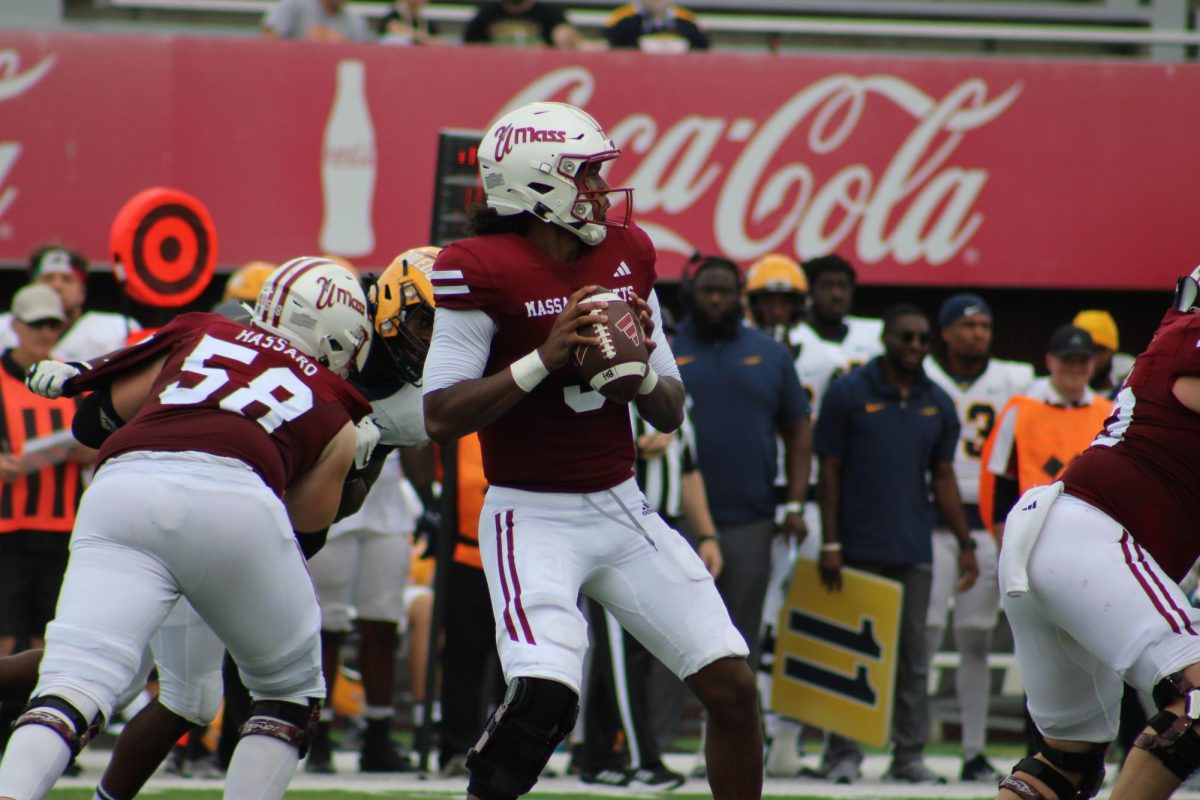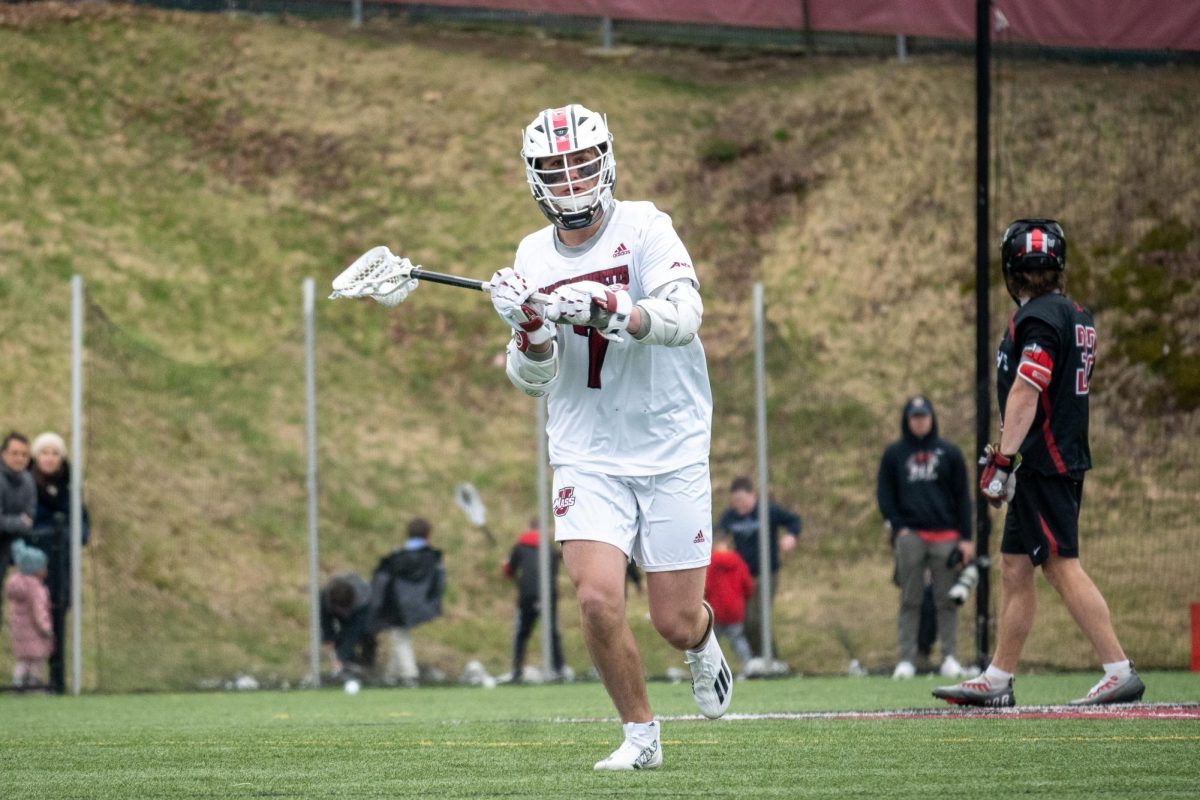Sexual abuse in sports is a widespread problem not getting the attention it deserves, according to sports scholar Celia Brackenridge.
Brackenridge’s spoke at Smith College on the topic “Sex Offending in Sports: A Whole New Ball Game?”
According to Brackenridge, there are three major risk factors for abuse: athlete vulnerability, coach inclination, and sport opportunity. She described theoretical models that may explain how someone becomes an abuser. Brackenridge also stressed that no definitive answers can be given in the case of sports since this is such a new area of study.
“Prior to 1990, there was no research in this area,” said Brackenridge. “I met with a lot of skepticism in the early ’90s.”
The turning point in the UK, according to Brackenridge, came in 1995 when Britain’s Olympic swimming coach Paul Hickson was sentenced to 17 years in prison after being convicted of rape and sexual assault. Publicity from the case spurred policy changes in the UK to protect children in sports from sex offenders.
But those new protections do not extend to adult athletes, said Brackenridge.
“There are no anti-harassment or assault policies for adults [in the UK].”
In addition, the culture of sports may protect perpetrators of abuse. For example, Brackenridge described a rookie athlete eager to be accepted by the team. Hazing rituals, which may range from innocent pranks to sexual abuse, are often used to prove membership in the group. Once the athlete complies with the hazing and is accepted, he or she is protected by a “dome of silence” which serves to hide the abuse and divide those who are part of the group from those who are not. That culture of silence puts athletes at risk, she said.
Brackenridge posted a “health warning” for the mostly student audience.
“Seek help if you need it, especially through your campus counseling centers. Support others … Challenge others if they diminish the importance of this issue.”
Brackenridge, who is from Britain, ended her talk with a question for the United States.
“In the land of the free, who will prevent sexual exploitation in sports?”
“I think it’s time we really pay serious attention to what’s happening within sports. It’s time to stop the violence. This is an important topic we don’t talk about enough,” said Yanina Vargas, senior associate dean for community development at Hampshire College.
Although sexual assault statistics are reported on each campus, the Five Colleges do not have statistics specifically on sexual abuse in sports, said Vargas.
“But I think we’re getting better. The Five Colleges Sexual Assault Prevention and Intervention Committee is doing really good work with the complexities [of each campus’ issues].”
The lecture was sponsored by the Project on Women and Social Change, the Exercise and Sports Studies program at Smith and the Smith Lecture Fund.
“[Brackenridge’s] work is really cutting edge,” said Chris Shelton, co-director of the Project on Women and Social Change and ESS associate professor. “She has an incredible understanding of American sports as an international scholar.”
Brackenridge is a visiting professor at Smith and a consultant in child protection and gender equity issues in sport and leisure. She is also a former athlete and captain of the England and Great Britain lacrosse teams.
She spoke Wednesday night to a 50-member audience.






